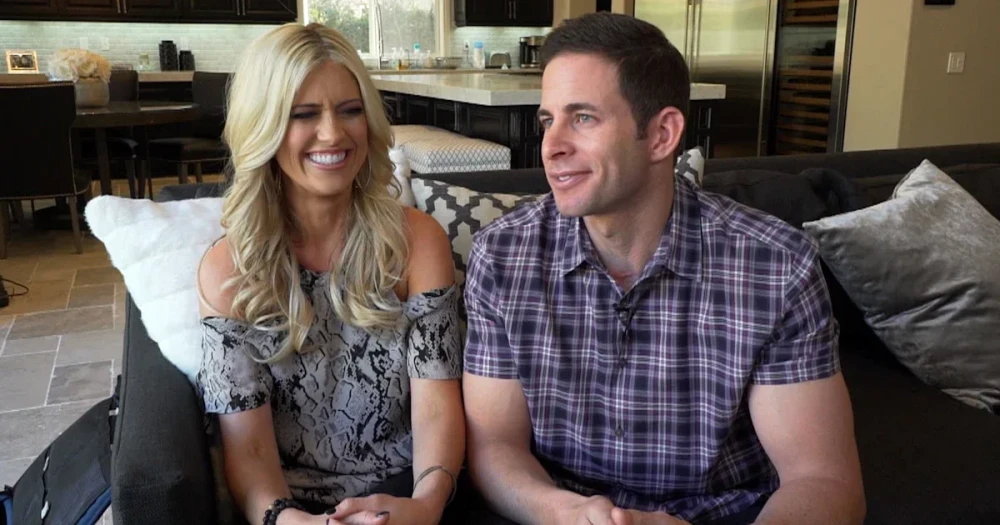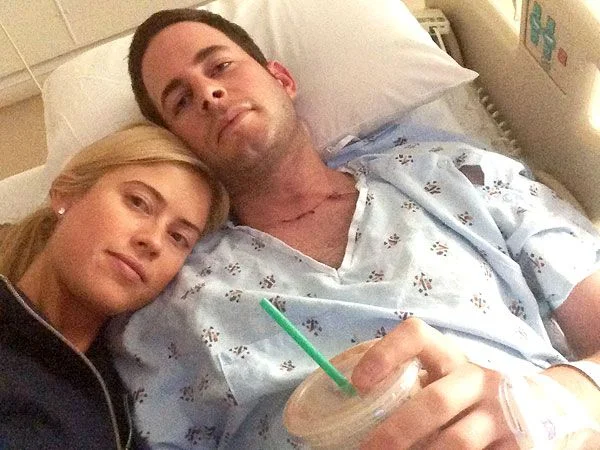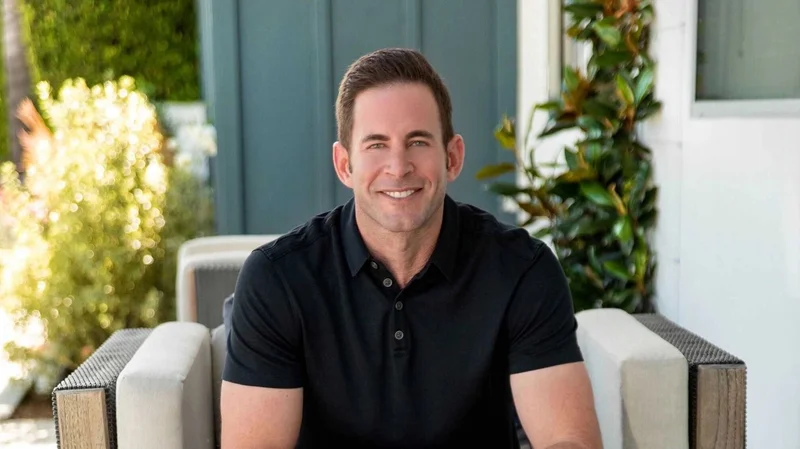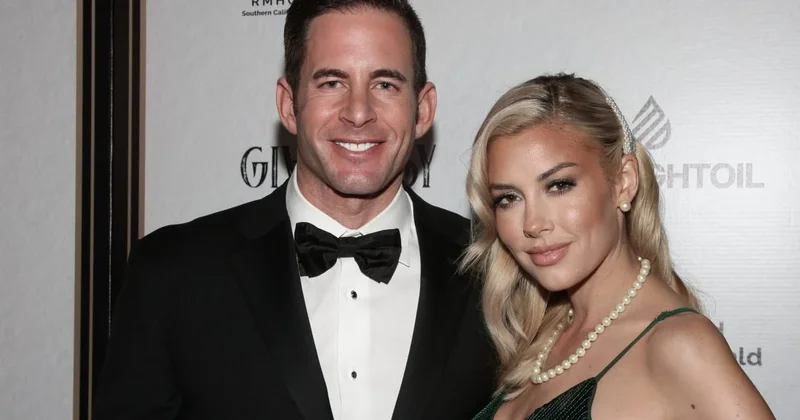
Tarek El Moussa's Cancer Battle: An Inspiring Story
Tarek El Moussa's cancer battle became public knowledge when a keen-eyed viewer noticed a lump on his neck, leading to a diagnosis that would change his life forever and inspire countless others facing similar challenges.
In 2013, Tarek El Moussa, famous for his role on "Flip or Flop," received an email from a nurse, Ryan Reade, who had spotted a suspicious lump on his neck while watching the show. This led to a medical examination and a diagnosis of stage 1 thyroid cancer. But the story doesn't end there.
Within two months, doctors discovered that El Moussa also had testicular cancer. This dual diagnosis occurred during a period when he was a young father, experiencing newfound fame, and secretly struggling with extreme fatigue, hormonal imbalances, and chronic back pain. Can you imagine the weight of such news?

The news significantly impacted his personal life. Radiation surgery and a strict iodine-free diet were necessary before his radioactive iodine treatment. He had to isolate himself from his family due to radiation exposure risks. El Moussa has admitted that he "stared death in the face."
What followed was a period filled with fear and uncertainty, a battle not only against the tumors but also against the possibility that his daughter, Taylor El Moussa, might grow up without a father. His ability to emerge from this ordeal with multiple children and successful ventures is truly inspirational.
The Difficulty in Sharing His Testicular Cancer Diagnosis
While the thyroid cancer diagnosis was undoubtedly life-threatening, El Moussa has shared that discussing his testicular cancer was more challenging. He opened up about this experience on Movember. Why was it harder to talk about?
It wasn't because it was more dangerous, but because it felt more personal. Unlike the visible lump on his neck, testicular cancer involved a part of the body that many men feel embarrassed to discuss. This discomfort almost led him to keep it a secret.
However, as messages poured in from fans who recognized their own symptoms because of his story, he realized that staying silent could potentially cost someone else their life. This realization motivated him to his experience, despite his initial reluctance.
El Moussa had already endured the psychological stress of one cancer diagnosis when he received the second. The testicular cancer wasn't related to the thyroid cancer, but together they forced him to make a complete lifestyle change, both physically and mentally, almost overnight.
He immediately followed medical advice, underwent surgery, and later received a testicular implant. Yet, the real battle wasn’t in the operating room, but in coming to terms with being a young man in the public eye and discussing something that made him feel vulnerable. He did it anyway, so that other men would know they weren’t alone.
The Toughest Part: Life After Treatment
Following the end of his treatment, Tarek El Moussa's cancer battle didn't end. He faced a new set of challenges, including hormone imbalances, emotional instability, and chronic exhaustion. Having his thyroid removed meant he was now dependent on supplements.

This, combined with testosterone therapy after testicular cancer, triggered unexpected side effects, including hair loss, anxiety, depression, and panic attacks. It is possible that the stress of his health issues contributed to the challenges in his personal life at the time.
El Moussa shared in an interview that the scariest aspect of his journey through cancer was the uncertainty of whether he would live or die. While he found it more difficult to discuss testicular cancer due to its sensitive nature, he realized that silence could cost lives.
The turning point came when he heard from fans who sought medical attention after hearing his story and received early diagnoses. This impact gave his suffering a purpose. "If I don’t tell anyone about it, I’m not really helping anybody," he stated.
He also emphasized the importance of staying active and mentally engaged during difficult times. Hot yoga, walking, and other activities helped him feel alive when depression threatened to consume him. What coping mechanisms have you found helpful during challenging times?

El Moussa encourages other men facing illness to speak up, follow medical guidance, and trust their instincts. His message is straightforward: know your body, advocate for yourself, and don’t wait when something feels wrong, because early action can save your life. His story is a testament to resilience and the power of sharing personal struggles to help others. Tarek El Moussa's cancer battle continues to inspire people around the world.